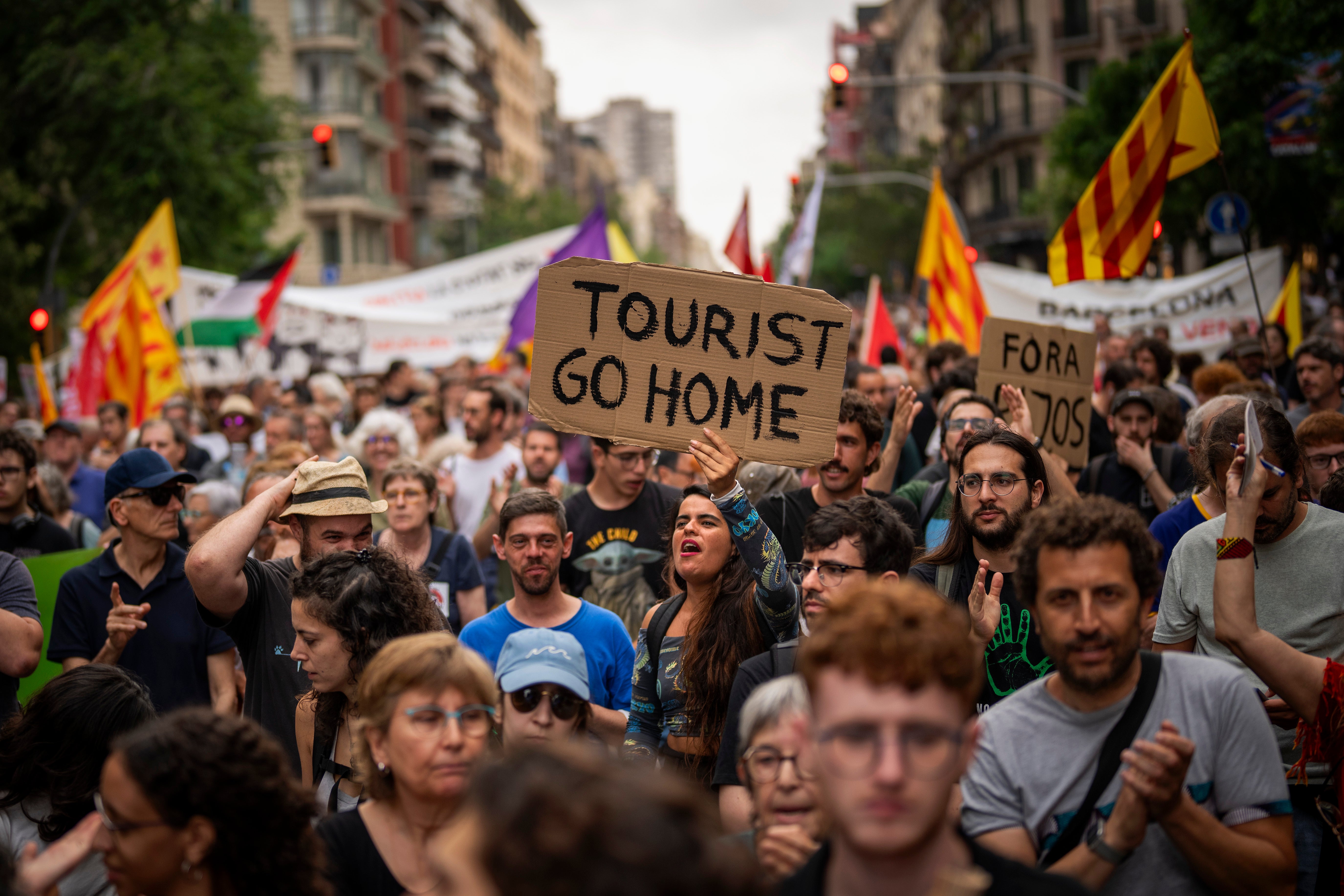Catalonia, a magnet for tourists and Spain’s most visited region, has delayed plans to introduce a hefty tourist tax amidst efforts to tackle overtourism.
Originally slated for a May implementation, the proposed tax, which could reach up to €15 daily, has been pushed back to October at the earliest.
The regional government announced the postponement on Tuesday, confirming a shift in strategy. Instead of enacting the tax increase by decree, which currently stands between €6 and €11, they will now pursue parliamentary approval. This move aims to circumvent potential legal challenges.
Crucially, the proposed tax aims to address a key local concern: the region’s housing crisis. The government has pledged to allocate at least a quarter of the revenue generated by the tourist tax to alleviate housing shortages and soaring rents, a major grievance among residents.
Spain expects to surpass last year’s record of 94 million tourist arrivals this year.
The tax range in force currently applies to hotel guests and cruise ship passengers, depending on how luxurious their accommodation is.
The tax-hike plan followed protests by residents about overtourism pushing up housing prices that in one instance involved protesters squirting visitors with water pistols.

Barcelona’s association of tourism apartments, Apartur, said it opposed the increase as it would make holidays more expensive, arguing parliament should only approve any increase gradually.
Tourist arrivals to Catalonia grew by 10% in the first two months of 2025 over last year, a slower pace than in Spain’s capital Madrid, which received 13% more tourists during the same period, according to official data. Madrid does not charge a tourist tax.
The data signals that Catalonia’s measures to reduce overtourism, including restricting licences for new hotels in central Barcelona, may be paying off. Still, Barcelona room rates rose by 10% in the 12 months through March, compared to Spain’s average of 3%.
The mayor of Barcelona announced last year a ban on apartment rentals to tourists by 2028, a move strongly criticised by platforms such as Airbnb who say it will not solve the housing crisis.


